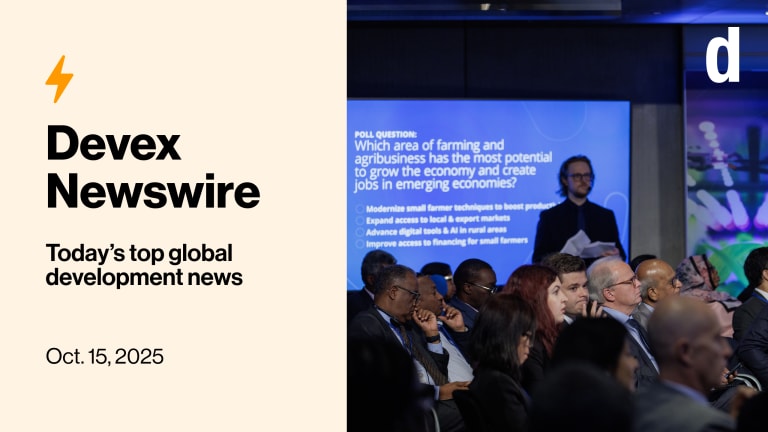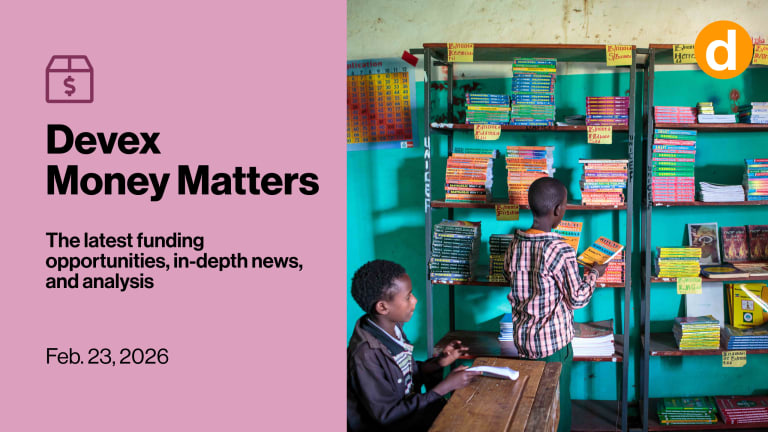While big banks wait for the war’s end, civil society is rebuilding in Gaza
Over the last year, more than half the residential buildings and electrical power lines in Gaza have been destroyed by the Israel-Hamas war. But international efforts to rebuild Gaza’s infrastructure are largely on hold until the war ends, with big institutions such as the United Nations and the World Bank saying they’ll wait to begin such a behemoth task.
A handful of small civil society groups have decided not to wait. Tareq Abu Hamed, a Palestinian environmentalist with the Arava Institute for Environmental Studies, says the organization is waiting for the necessary permits to send solar panels into Gaza. Once they’re allowed inside, they can be installed to help bring electricity, wastewater treatment, and desalination back online in the Strip as soon as possible.
“Of course, our systems can be bombarded or destroyed. It’s a risk, but we are willing to take that risk” said Abu Hamed, the executive director of the Nobel Peace Prize-nominated environmental studies and research institute — which employs Israelis and Palestinians, as well as people from Jordan, Morocco, and other countries.
Search for articles
Most Read
- 1
- 2
- 3
- 4
- 5









